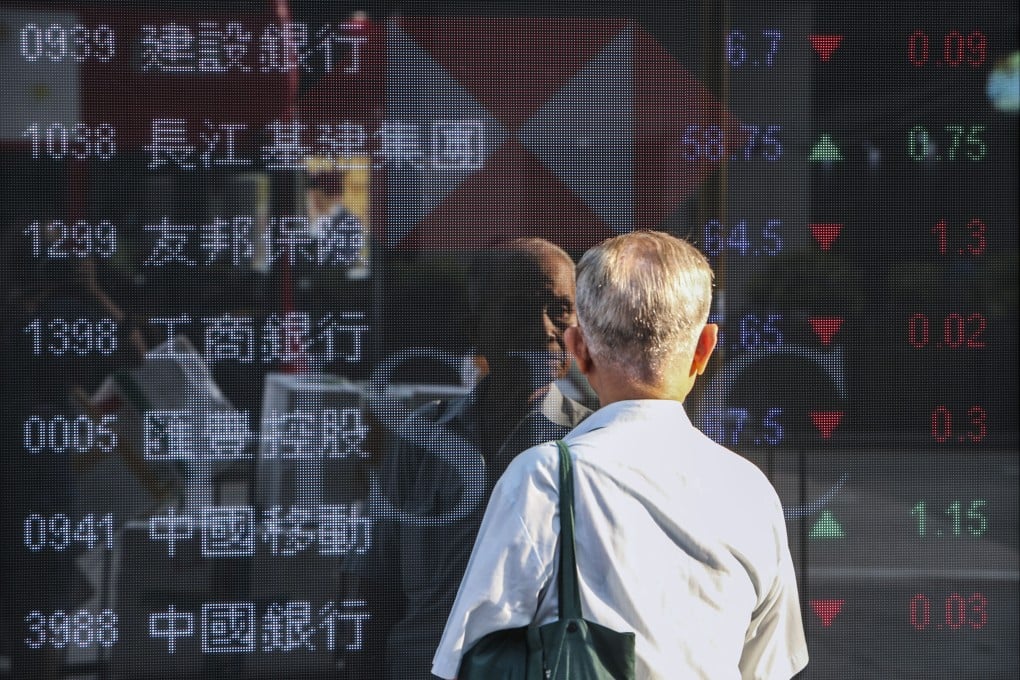Stocks log monthly loss on BYD sell-off, tech setback as weak China data, housing slump damage earnings
- China’s manufacturing industry contracted for the second month in August amid snap lockdowns, official report shows
- Buffett’s Berkshire Hathaway sold 1.33 million BYD shares for US$47 million, reducing its holdings in China’s biggest EV maker by unit sales

The Hang Seng Index fell 1 per cent this month to 19,954.39, and was little change in Wednesday trading. The Hang Seng Tech Index advanced on Wednesday 1.1 per cent but failed to overturn a 1.3 per cent setback for the month. The Shanghai Composite Index lost 0.8 per cent.
“The major concern is the economy, which is not likely to pick up with the zero-Covid in place,” said Wang Zheng, chief investment officer at Jingxi Investment Management in Shanghai. “The negative impact has already been reflected in the interim results.” Buffett is taking profit and the sale will not blemish the broader new-energy sector, he added.
China’s zero-Covid policy, power shortages and the housing market crisis almost stalled growth last quarter. The Hang Seng Index has retreated 11 per cent from a high in June, and valuations have fallen to 7.6 times earnings, the cheapest among major markets after Brazil, according to Bloomberg data.